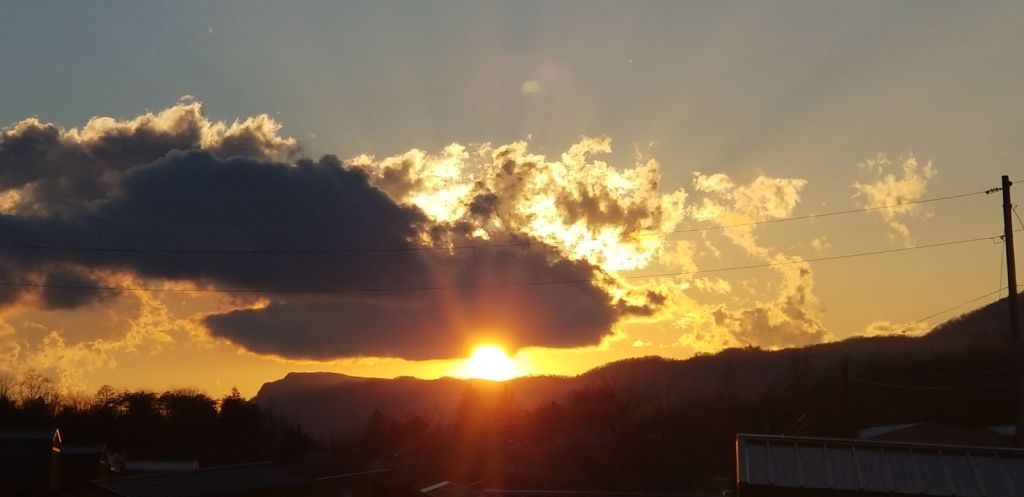Recently a friend and I traveled the familiar Road northward. We had all day and no deadline and and so we thought why not find the bookshops
And so we did. We wandered the streets of Roanoke and went in and out of any shop that interested us. Eventually down a side street, hidden behind an impossibly loud band, we found a bookshop.
It was quiet and cozy and we looked through the books and chatted with the owner. She’d heard of Ewing, she said. It was all the way at the end of Virginia where almost no one knew it existed.
We agreed.
But as we headed for the door, I saw that just inside there was a shelf labeled Appalachian Culture.
I stopped to scrutinize.
They shelf contained a myriad of books that I had either read or decided not to read. Featured prominently at the top were Hillbilly Elegy and across from it a book I hadn’t seen before Appalachian Reckoning: a region responds to Hillbilly Elegy.
Now this is getting interesting, I thought.
I picked up the book to leaf through it and the store owner interrupted me.
“That’s a good book” she said.
“It looks interesting,” I replied vaguely.
And she launched in, telling me about how Hillbilly Elegy doesn’t really represent Appalachia. Maybe that’s just a dysfunctional family she said and not the fault of the culture at all. People come here, she said, and they tell me that they’re on the way to Appalachia and I say, “well, here you are!” And they say no, we’re going to the real Appalachia and I just say “Well you found it, and look, I wear shoes and everything!
I looked at her and to be honest, I just didn’t have the energy.
I don’t want to take away her identity or anything but she’s only ever heard of Ewing, Virginia.
I have lived there.
And if J. D. Vance is simply the story of a dysfunctional family and not the story of a deeply troubled albeit beautiful culture than it seems highly coincidental that 95% of the families in this culture happen to have all the same problems that his family did.
I read that book and it was interesting because it was the same story I’d heard repeatedly. From friends, coworkers, children even.
At the beginning I’ll admit I felt defensive. I want people to hear the good parts of my culture, not its problems.
But by the end of the story I felt heard and understood.
And I’m sorry but bookshop owners in the middle of Roanoke have almost nothing in common with my neighbor, the recovering drug addict in her second marriage who is forty years old, has a 3 year old son and has never lived outside of Lee County.
If that is Appalachia then it’s a different Appalachia than mine.
It seems ridiculous to join the clamor of cultural appropriation but I felt like she was appropriating mine.
And it didn’t make me feel seen or understood. I felt erased.
The reason that the people of Appalachia feel forgotten and betrayed and estranged from American Culture is because people visit Roanoke, or Knoxville, or Gatlinburg, and think they’ve been to Appalachia.
Or people from those places speak for us without ever asking what we would like to say.
I’m not trying to start a culture war, but if you want to go to Appalachia how about you try Ewing, or Harlan, or anyplace that shows red on the economic map. Find the people who’ve lived there for decades, sit down on their front porch, sip sweet tea and be grateful for the cornbread and beans they offer. They’re really quite delicious.
And once you’ve done that.
Once you’ve listened to the stories
Only then, can you say you’ve been to Appalachia.









